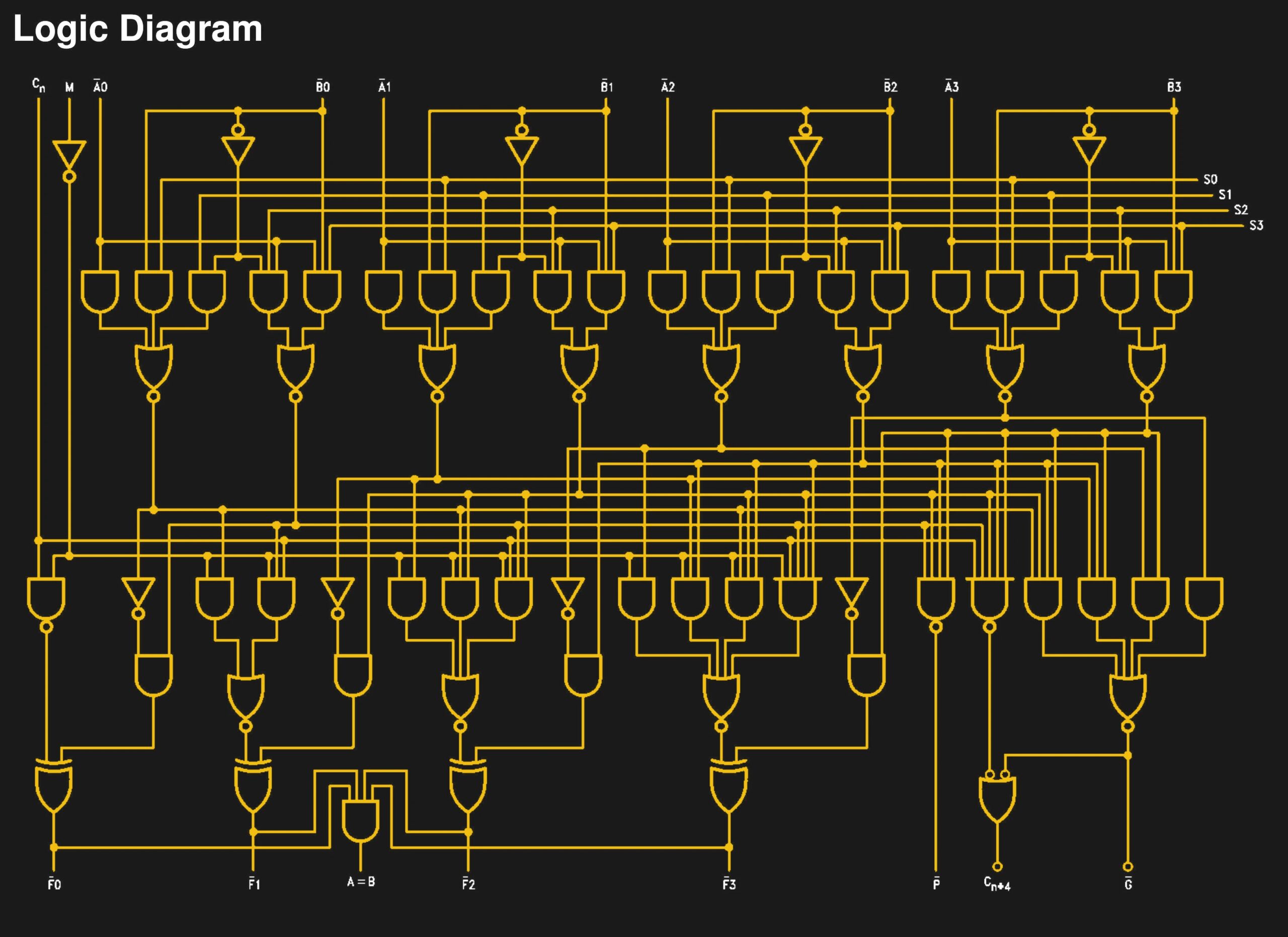The Arithmetic Logic Unit (ALU), also known as a processor, is a fundamental part of a computer’s central processing unit (CPU). An ALU consists of several digital electronic circuits that process data as directed, typically by an instruction set stored in an onboard memory.
An ALU typically operates on two operands that are received and stored in the CPU and then performs various arithmetic and logical operations on them using basic logic, such as addition, subtraction, multiplication, division, right shifts, and left shifts. Results produced by the ALU are then stored back in the CPU.
Data produced by the ALU can generally be used by other hardware devices in the computer system, such as to direct the flow of data and/or control various peripheral components.
The ALU is one of the most important components in a computer system, as it allows the CPU to perform complex operations that are necessary for modern computing. Without the ALU, a computer would not be able to read instructions, process information, or perform complex tasks like sorting data.
ALUs have become faster and more efficient in recent years. Modern ALUs can process data at speeds of up to several billion operations per second. This makes them essential components of modern computing systems, as they enable the CPUs to perform complex calculations in a matter of seconds.
In addition to the ALU, today’s computer systems typically have multiple CPUs that share an increasingly large amount of memory. This allows for data to be processed even faster.





